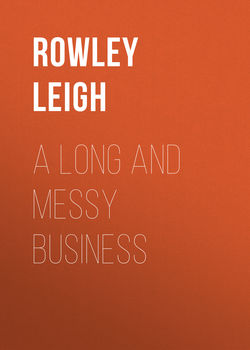Читать книгу A Long and Messy Business - Rowley Leigh - Страница 23
На сайте Литреса книга снята с продажи.
ОглавлениеBreaking the Rules
Pork Cheek Vindaloo
The first thing to remark upon is that vindaloo is usually,
but not always, made with pork. Perhaps because of Goa’s
mercantile history, perhaps due to an insensitive attitude,
the Portuguese had little respect for local habits, ignoring
both Hindu and Muslim proscriptions against the pig.
However, vindaloo’s singularity does not stop there. There
are lashings of vinegar and buckets of garlic, black pepper
and tomato. The more one looks at it, despite the spicing
that one expects – cumin, coriander, cardamom and
turmeric – it begins to look like a cover for what is
essentially a European dish, until one realises that it isn’t
very European either. Unlike British ‘curries’, bastardised
and adapted from Indian originals, it is a true hybrid.
Even within the extraordinary diversity of Indian
cooking, vindaloo sticks out like a sore thumb.
Synonymous in English culture with extreme piquancy –
at university we would compete to see who could eat
the hottest curries, a turbocharged vindaloo being the
ultimate test, one that I soon learned to flunk – a vindaloo
need not be that hot. But it should pack a punch.
I had been meaning to take on vindaloo for some time
when I was prompted by a reading of Fresh Spice, an
invigorating tome by Arun Kapil. Arun would appear to be
a bit of a hybrid himself, half Indian, half Yorkshireman;
he worked in London before settling in Ireland, thanks to
romance and the good offices of the Ballymaloe Cookery
School. His book attracted me not because it is eclectic –
I don’t want turmeric with ham, gherkins and Vacherin
Mont d’Or, thank you very much – but because of the
respect and attention with which it deploys those spices.
Not only should we be a great deal more circumspect in
sourcing proper fresh spices, we should also take a great
deal more care of them once we have them. Having
patiently learned to ‘toast’ our spices in a dry pan before
grinding them, Arun tells us that most of the time we
are doing more harm than good, destroying much of the
aromatics that we are trying to extract. That’s another job
out of the way then.
37
January
